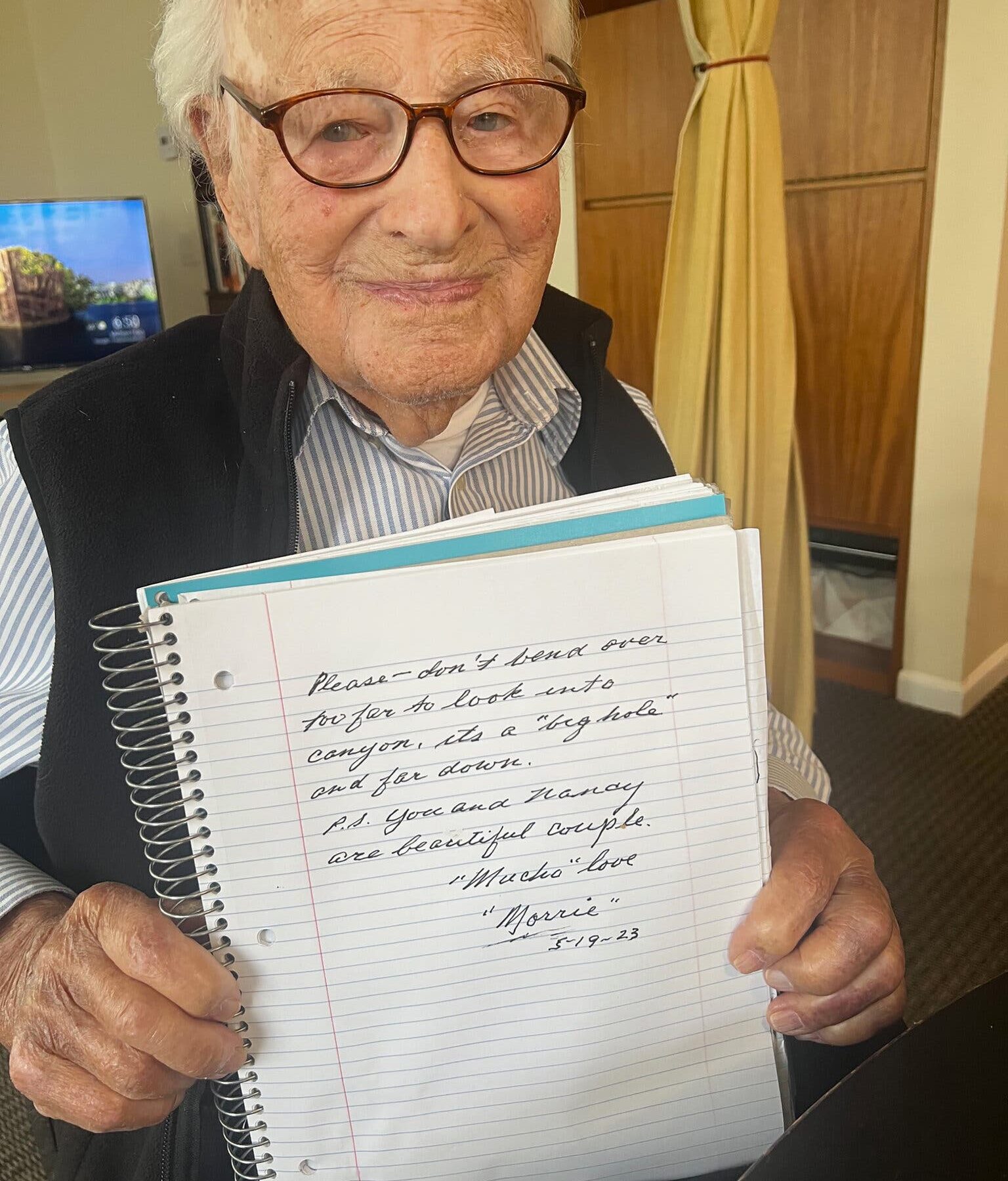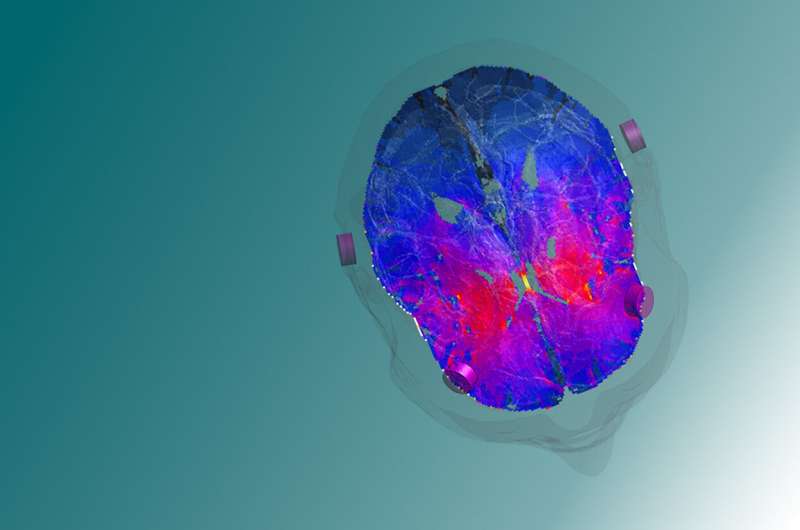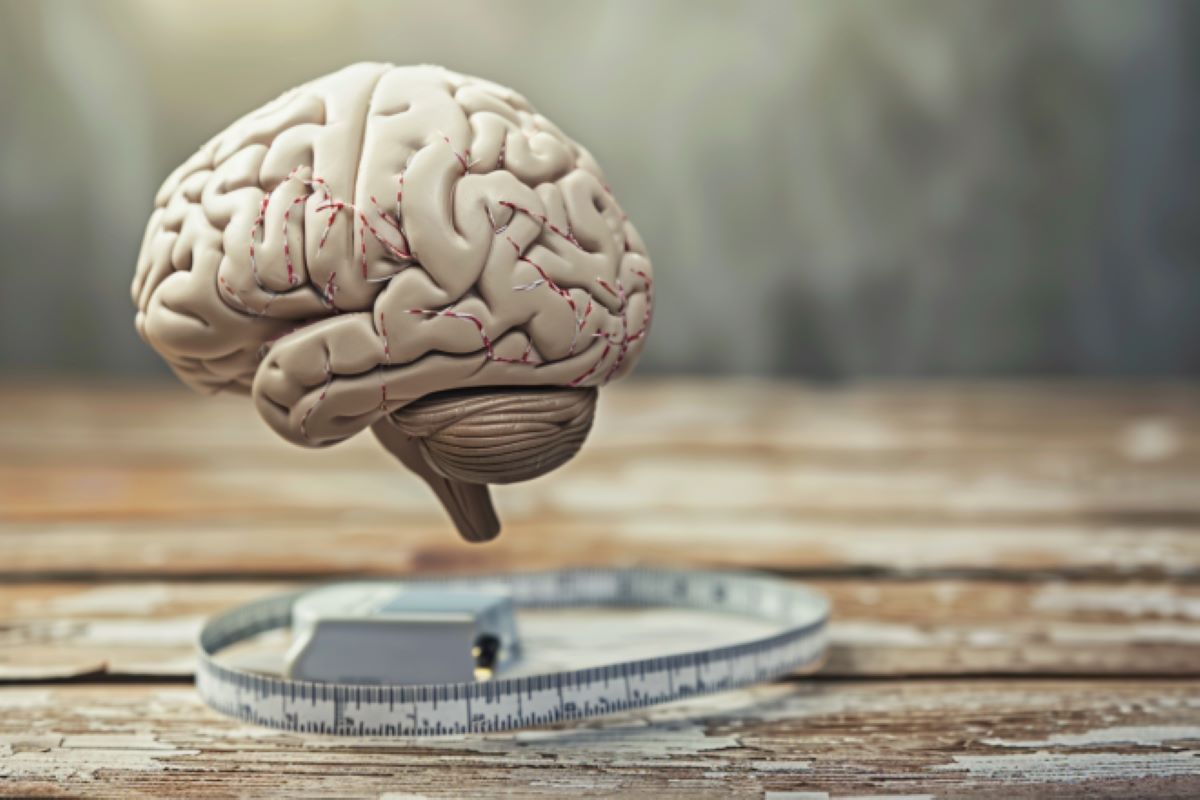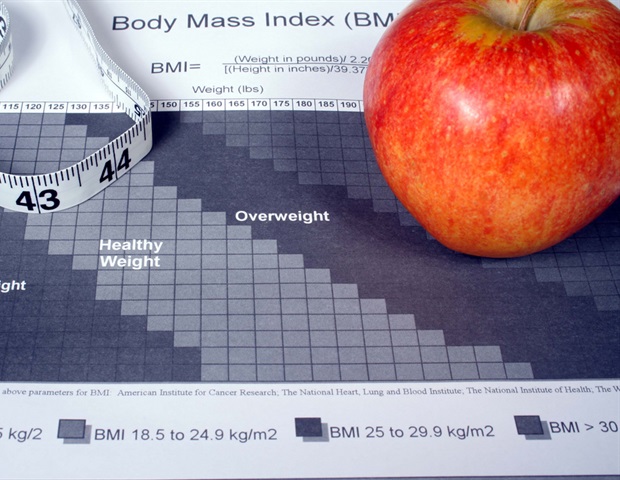Nature Knows and Psionic Success
God provides
Scientists find small regions of the brain can take micro-naps while the rest of the brain is awake and vice versa

by University of California – Santa Cruz Hengen’s artistic interpretation of the varied brain wave patterns that produce the fundamental states of sleep and wake. Credit: Keith Hengen Sleep and wake: They’re totally distinct states of being that define the boundaries of our daily…
Ginkgo biloba leaf can help dissolve micro clots, potentially undoing some damage caused by COVID-19 vaccines, reveals new published science

Tags: Blood clots , brain function , circulatory system , endothelial function , ginkgo biloba , goodhealth , goodmedicine , goodscience , microclots , natural cures , natural health , natural medicine , natural remedies , oxidative stress , plasminogen activator , prevention ,…
‘Night owls’ have 13.5% better brain function than early risers

Being a night owl might not be a bad thing – for your brain, at leastDepositphotos ‘Night owls’ traditionally get a bit of a rough time of it, with numerous studies linking staying up late to poor health outcomes, inadequate sleep and a fair…
Neuroscience Says 1 Brainless Move Will Boost Your Memory and Focus (and Lower Stress)

In the busyness of life, the quest for improved brain function and reduced stress has become increasingly important. Surprisingly, neuroscience research has uncovered a simple, “brainless” activity that can significantly enhance memory , sharpen focus, and lower stress levels. This technique requires no special…
Your Brain Holds Secrets. Scientists Want to Find Them.

Morrie Markoff died at 110. His family donated his brain to NeuroBioBank. About a month ago, Judith Hansen popped awake in the predawn hours, thinking about her father’s brain. Her father, Morrie Markoff, was an unusual man. At 110, he was thought to be…
Unlocking the entrepreneurial brain: New perspectives on cognitive flexibility
In a recent study led by the University of Liège researchers delved into the intersection of the fields of entrepreneurship and neuroscience, looking specifically at the cognitive flexibility of habitual entrepreneurs — those who repeatedly launch new businesses — compared to less experienced entrepreneurs…
Human neuroscience is entering a new era — it mustn’t forget its human dimension

The field is taking a leap forward thanks to innovative technologies, such as artificial intelligence. Researchers must improve consent procedures and public involvement. Facebook Email Studies involving people who are awake during brain surgery are helping to explain how the brain produces and perceives…
How Heat Affects the Brain

High temperatures can have an alarming effect on our bodies. But heat also takes a toll on our brains, impairing people’s cognition. In July 2016, a heat wave hit Boston, with daytime temperatures averaging 92 degrees for five days in a row. Some local…
New technology allows researchers to precisely, flexibly modulate brain

Credit: Pixabay/CC0 Public Domain Human brain diseases, such as Parkinson’s disease, involve damage in more than one region of the brain, requiring technology that could precisely and flexibly address all affected regions simultaneously. Researchers at Washington University in St. Louis have developed a noninvasive…
The brain can store nearly 10 times more data than previously thought, study confirms

The amount of information the brain can store is greater than once thought, new research suggests. The brain may be able to hold nearly 10 times more information than previously thought, a new study confirms. Similar to computers, the brain’s memory storage is measured…
Want to Get Smarter? Neuroscience Says 1 Uncomfortable Habit Will Help You Learn Faster and Retain More

There are plenty of ways to get smarter . You can harness the power of interleaving by learning several things in succession. You can vary the way you study. You can test yourself. Oddly enough, simply getting more sleep can actually make you smarter…
Does sleep clear more toxins from the brain than when we’re awake? Latest research casts doubt on theory

Credit: CC0 Public Domain Evidence also supports the notion that the brain gets rid of more toxic waste when we’re asleep than when we’re awake. This process is believed to be crucial in getting rid of potentially harmful things such as amyloid, a protein…
How Brain Waves Influence Your Memory

Key points Brain waves influence cognitive control and memory formation, informing how the brain manages memory. Working memory stores and manipulates information temporarily for tasks like learning and decision-making. Phase-amplitude coupling neurons synchronize with brain waves, aiding cognitive control and memory retrieval. New findings…
Does sleep clear more toxins from the brain than when we’re awake? Latest research casts doubt on this theory

Eleftheria Kodosaki does not work for, consult, own shares in or receive funding from any company or organization that would benefit from this article, and has disclosed no relevant affiliations beyond their academic appointment. Partners University College London provides funding as a founding partner…
Hitting the target with non-invasive deep brain stimulation: Potential therapy for addiction, depression and OCD

by Ecole Polytechnique Federale de Lausanne A model image of the targeted deep brain zone, the striatum, a key player in reward and reinforcement mechanisms. Credit: EPFL Neurological disorders, such as addiction, depression, and obsessive-compulsive disorder (OCD), affect millions of people worldwide and are…
Eating more ultra-processed foods tied to cognitive decline, stroke, according to study
People who eat more ultra-processed foods like soft drinks, chips and cookies may have a higher risk of having memory and thinking problems and having a stroke than those who eat fewer processed foods, according to a new study published in the May 22,…
Ultra-Processed Foods an Independent Risk Factor for Poor Brain Health

0 Consuming highly processed foods may be harmful to the aging brain, independent of other risk factors for adverse neurologic outcomes and adherence to recommended dietary patterns, new research suggests. Observations from a large cohort of adults followed for more than 10 years suggested…
Unique brain circuit is linked to Body Mass Index
Why can some people easily stop eating when they are full and others can’t, which can lead to obesity? A Northwestern Medicine study has found one reason may be a newly discovered structural connection between two regions in the brain that appears to be…
High BMI Linked to Weak Smell-Eating Circuit in Brain

Summary: A new study reveals a novel brain circuit linking the sense of smell and eating behavior. The weaker the connection between these regions, the higher a person’s Body Mass Index (BMI). This discovery suggests a potential neural mechanism underlying overeating, where disrupted circuits…
Weak brain circuit connection found to influence overeating and obesity

Why can some people easily stop eating when they are full and others can’t, which can lead to obesity? A Northwestern Medicine study has found one reason may be a newly discovered structural connection between two regions in the brain that appears to be…
